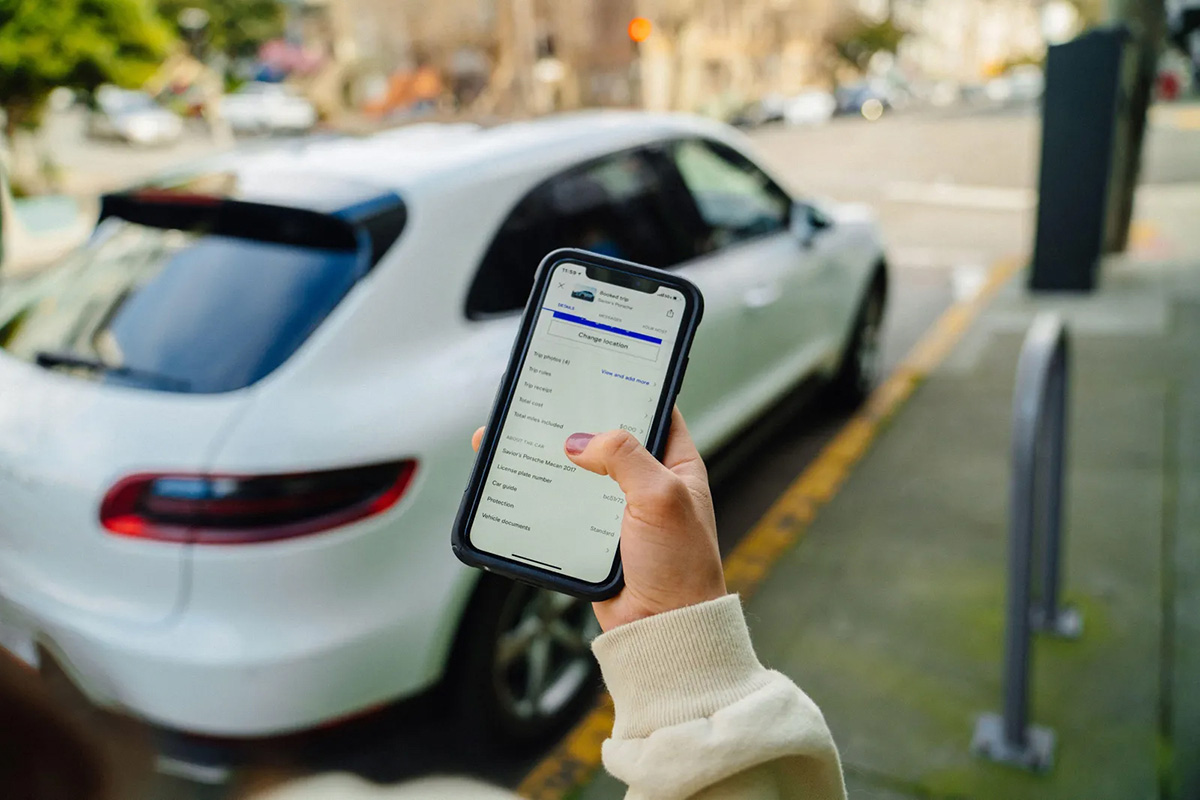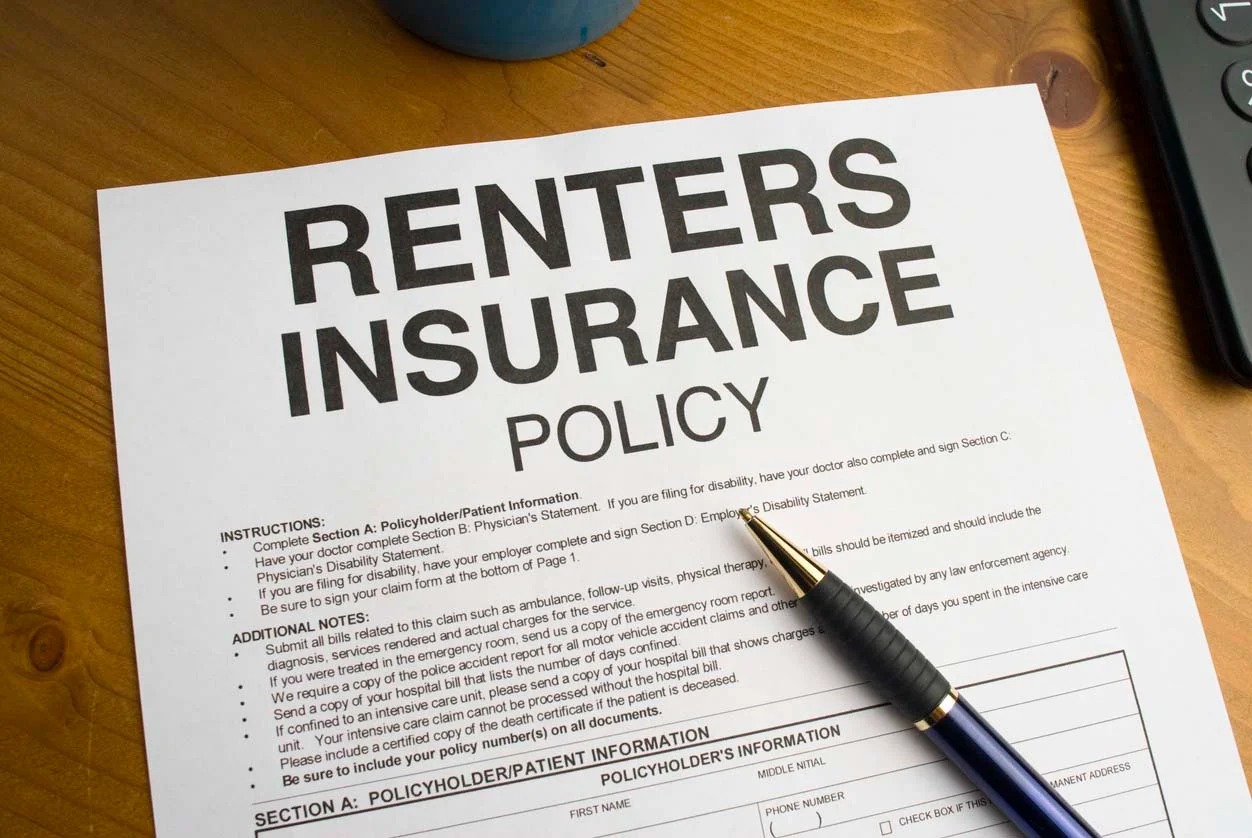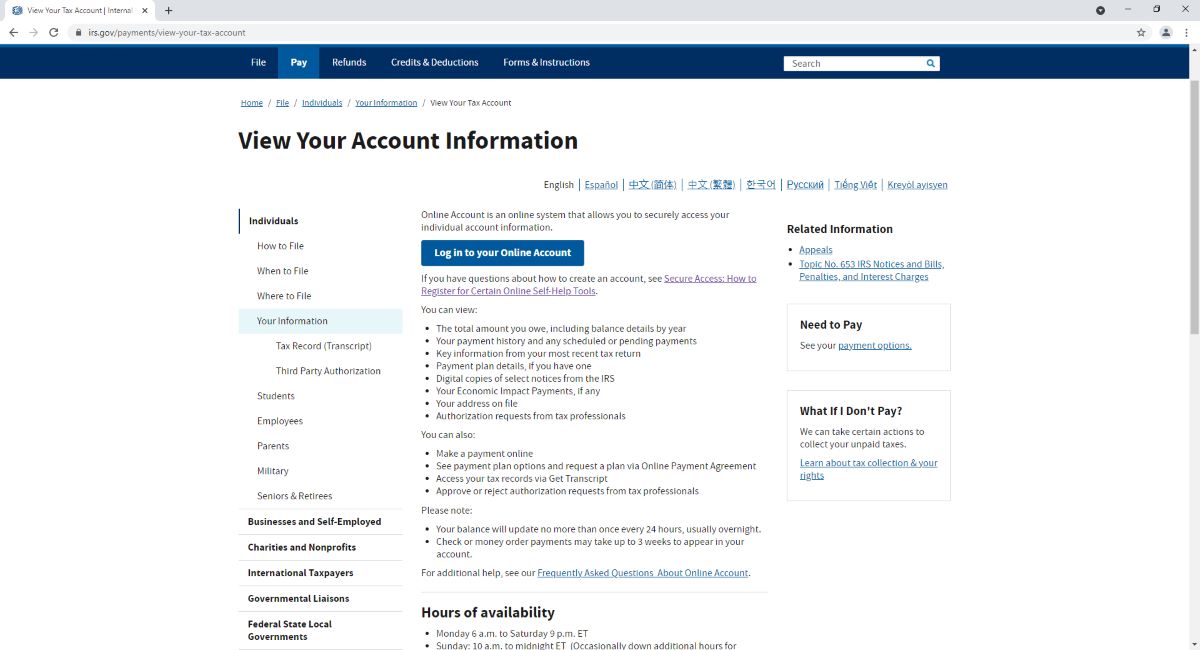

Finance
How Much Is Turo Insurance For Renter?
Published: November 21, 2023
Learn about the cost of Turo insurance for renters and how it fits into your overall finance plan. Get the coverage you need at an affordable price.
(Many of the links in this article redirect to a specific reviewed product. Your purchase of these products through affiliate links helps to generate commission for LiveWell, at no extra cost. Learn more)
Table of Contents
Introduction
Welcome to the world of Turo, a peer-to-peer car-sharing platform that allows people to rent their vehicles to others. It’s a convenient and cost-effective alternative to traditional car rental services, providing renters with a wide variety of vehicles to choose from at competitive prices. However, like any rental service, it’s essential to consider insurance coverage to protect yourself and the vehicle during the rental period.
Turo offers insurance options for both hosts (vehicle owners) and renters. In this article, we will focus specifically on Turo insurance for renters and explore how much it costs. Understanding the factors that influence insurance costs and the different types of coverage available will help you make an informed decision when renting a car through Turo.
As with any insurance, the cost of Turo insurance for renters will depend on several factors. These factors include your location, the type of vehicle you are renting, your driving history, and the level of coverage you choose. By familiarizing yourself with these factors and considering your specific needs, you can determine the cost of insurance and make a well-informed decision.
Whether you’re a frequent renter or someone looking to use Turo for the first time, this article will provide you with valuable insights into Turo insurance costs for renters. We will explore the different types of coverage available, delve into the factors that impact insurance costs, and provide some tips on how to lower your insurance expenses. So, let’s dive in and discover what you need to know about Turo insurance for renters.
Understanding Turo Insurance for Renters
When renting a vehicle on Turo, it’s essential to understand the insurance options available to protect yourself and the vehicle in case of any unforeseen incidents. Turo provides a range of insurance coverage options for renters, ensuring that you have the necessary protection during the rental period.
Firstly, Turo offers liability insurance coverage for renters. This coverage protects you in case you cause damage to someone else’s property or injure someone while driving the rented vehicle. The liability coverage offered by Turo is comparable to the coverage provided by traditional car rental companies, providing peace of mind during your rental experience.
In addition to liability coverage, Turo offers physical damage protection. This coverage is designed to protect against damage to the rented vehicle. It covers repairs and replacement costs in the event of an accident, theft, or vandalism. Physical damage protection is important as it can save you from incurring significant out-of-pocket expenses in case of an unfortunate incident.
Turo also provides supplemental liability insurance, also known as SLI coverage, for an additional fee. This coverage expands the liability protection provided by the standard insurance policy, offering higher limits of coverage. SLI coverage can be beneficial if you want to increase your liability protection and have greater peace of mind during the rental period.
It is important to note that Turo insurance policies have certain limitations and exclusions. For example, coverage may not apply if the vehicle is used for commercial purposes or if the driver is involved in illegal activities. It’s important to review the terms and conditions of the insurance policy to understand the specific limitations and exclusions.
In the next section, we will discuss the factors that influence the cost of Turo insurance for renters, giving you insight into how insurance premiums are calculated.
Factors that Affect Turo Insurance Costs for Renters
When it comes to determining the cost of Turo insurance for renters, several factors come into play. Understanding these factors can help you estimate the insurance costs and make informed decisions when renting a vehicle through Turo.
1. Location: Insurance costs can vary based on your location. Turo takes into account factors such as the accident rate and the likelihood of theft in your area when calculating insurance premiums. Higher-risk locations may result in higher insurance costs.
2. Vehicle Type and Value: The type of vehicle you choose to rent affects the insurance cost. Luxury or high-performance vehicles typically have higher insurance premiums due to their higher value and repair costs.
3. Duration of Rental: The length of your rental period can impact insurance costs. Turo offers insurance coverage on a per-day basis, so the longer you rent a vehicle, the higher the overall insurance cost.
4. Driver’s Age and Driving History: The age and driving history of the renter can influence insurance costs. Younger drivers or individuals with a history of accidents or traffic violations may face higher insurance premiums.
5. Coverage Level: The level of insurance coverage you choose can affect the cost. Turo offers different coverage tiers, ranging from minimum coverage to additional protection options. Opting for higher coverage levels will result in higher insurance costs.
6. Deductibles: Turo provides the option to choose a deductible amount for physical damage protection. A lower deductible means a higher insurance premium, as the insurer will be responsible for a larger portion of the repair or replacement costs in the event of a claim.
7. Additional Coverage: Turo offers optional coverage, such as premium roadside assistance and supplemental liability insurance. Adding these extras will increase the overall insurance cost.
It is essential to review and understand these factors and how they affect your insurance costs as a Turo renter. By considering these variables, you can estimate the insurance expenses associated with your rental and make an informed decision that aligns with your budget and needs.
Types of Turo Insurance Coverage for Renters
When renting a vehicle through Turo, you have several options for insurance coverage to protect yourself and the vehicle during the rental period. Understanding the different types of insurance coverage available can help you make an informed decision and select the right level of protection for your needs.
1. Liability Insurance
- Turo provides liability insurance coverage for renters, which protects you in case you cause damage to someone else’s property or injure someone while driving the rented vehicle.
- This coverage is similar to what traditional car rental companies offer and is essential for your peace of mind during the rental period.
- Liability insurance covers the cost of property damage and medical expenses for the other party involved in the accident, up to the policy’s limits.
2. Physical Damage Protection
- Turo offers physical damage protection, which covers the cost of repairing or replacing the rented vehicle in case of damage from accidents, theft, or vandalism.
- This coverage helps protect you from significant financial liability and covers repair costs, deductible expenses, and the vehicle’s actual cash value in case of a total loss.
3. Supplemental Liability Insurance (SLI)
- Turo provides supplemental liability insurance as an optional coverage for an additional fee.
- SLI expands the liability protection provided by the standard insurance policy, offering higher limits of coverage for both bodily injury and property damage.
- This coverage can be valuable if you want to increase your liability protection and have added peace of mind during the rental period.
It is important to review the terms and conditions of each insurance coverage option to understand the specific limits and exclusions. By understanding the types of insurance coverage available, you can select the appropriate level of protection that aligns with your needs and provides you with the necessary coverage during your Turo rental.
How to Determine the Cost of Turo Insurance for Renters
When determining the cost of Turo insurance for renters, several factors come into play. By understanding these factors and how they impact insurance premiums, you can estimate the cost of coverage and make informed decisions when renting a vehicle through Turo.
1. Start with the Base Cost
The base cost of Turo insurance for renters typically includes the minimum liability coverage required by Turo. This base cost forms the foundation for your insurance premium calculation.
2. Consider Additional Coverage
If you opt for additional coverage, such as physical damage protection or supplemental liability insurance, the cost of these add-ons will be factored into the overall insurance premium.
3. Assess the Value and Type of Vehicle
The value and type of vehicle you choose to rent can impact the insurance cost. Higher-valued or luxury vehicles generally have higher insurance premiums due to their higher replacement and repair costs. Additionally, high-performance vehicles may also have higher insurance rates due to the increased risk associated with their usage.
4. Evaluate the Length of Rental
The duration of your rental can influence the insurance cost. Turo offers insurance coverage on a per-day basis, so the longer you rent a vehicle, the higher the overall insurance cost.
5. Consider Your Driving History
Turo takes into account your driving history when calculating insurance premiums. If you have a clean driving record, you may receive more favorable rates compared to individuals with a history of accidents or traffic violations.
6. Choose Deductible Amount
Turo allows renters to choose their deductible amount for physical damage protection. A lower deductible will result in a higher insurance premium, as the insurance company will be responsible for a greater portion of the repair or replacement costs in case of a claim.
7. Review Additional Factors
Factors such as your age, location, and any past insurance claims can also influence the insurance cost. Younger drivers may face higher rates, and individuals in areas with higher accident rates may have higher insurance premiums.
It’s important to note that the exact calculation of insurance premiums can vary based on numerous factors and Turo’s underwriting guidelines. By considering these factors and understanding their impact, you can estimate the cost of Turo insurance for renters and make an informed decision that aligns with your budget and coverage needs.
Tips for Lowering Turo Insurance Costs for Renters
While Turo insurance costs for renters are influenced by various factors, there are several tips you can follow to potentially lower your insurance expenses. Consider these strategies when renting a vehicle through Turo:
1. Opt for a Higher Deductible:
Choosing a higher deductible for physical damage protection can lower your insurance premium. However, keep in mind that this means you will be responsible for a larger portion of the repair or replacement costs in case of a claim, so assess your comfort level with assuming a higher financial risk.
2. Select a Lower-Value Vehicle:
The value and type of vehicle you choose to rent can impact insurance costs. Opting for a lower-value car can potentially result in lower insurance premiums, as the replacement and repair costs will generally be lower compared to luxury or high-performance vehicles.
3. Utilize Your Personal Auto Insurance or Credit Card Coverage:
Check if your personal auto insurance policy or credit card offers rental vehicle coverage. If you already have adequate coverage through these sources, you may be able to decline some or all of the insurance options offered by Turo. However, ensure you carefully review the terms and conditions of your insurance coverage to determine its suitability for rental vehicles.
4. Consider Increasing Your Liability Coverage Limits:
Higher liability coverage limits can result in higher premiums. However, by opting for higher limits, you can potentially protect yourself better in case of an accident and minimize the risk of being personally liable for damages beyond the coverage limits.
5. Plan Your Rental Duration:
Keep in mind that Turo offers insurance coverage on a per-day basis. If possible, try to plan and consolidate your rentals to minimize the number of rental days, reducing the overall insurance cost.
6. Maintain a Clean Driving Record:
Your driving history plays a role in determining insurance costs. By maintaining a clean driving record and avoiding accidents and traffic violations, you may be eligible for lower insurance premiums.
7. Compare Insurance Rates and Policies:
Before finalizing your rental, compare insurance rates and policies from different providers on Turo. This allows you to evaluate the coverage options, costs, and any additional benefits offered. This way, you can make an informed decision and potentially find the most cost-effective insurance option.
Remember to carefully review and understand the terms and conditions of the insurance coverage offered by Turo. Each rental situation is unique, so it’s important to consider your specific needs, budget, and risk tolerance when selecting insurance coverage.
By implementing these tips, you can potentially lower your Turo insurance costs while still ensuring you have the necessary protection during your rental period.
Conclusion
Turo provides a convenient and innovative platform for renting vehicles, giving individuals access to a wide range of cars at competitive prices. When renting a vehicle through Turo, it’s crucial to consider insurance coverage to protect yourself and the vehicle during the rental period.
Understanding Turo insurance for renters is essential, as it allows you to make informed decisions and estimate the associated costs. Liability insurance protects you in case of property damage or injury to others, while physical damage protection covers the cost of repairs or replacement in case of accidents, theft, or vandalism. Supplemental liability insurance offers additional coverage for higher limits.
Several factors influence the cost of Turo insurance for renters, including location, vehicle type, rental duration, driving history, coverage level, and deductibles. By understanding these factors and considering strategies like choosing a higher deductible, selecting a lower-value vehicle, utilizing personal coverage if applicable, and maintaining a clean driving record, you may be able to lower your insurance costs.
When renting through Turo, it’s essential to carefully review the insurance options provided and their terms and conditions. This ensures that you have the appropriate level of coverage that aligns with your needs and offers adequate protection during your rental period.
By following the tips outlined in this article and understanding the different aspects of Turo insurance for renters, you can confidently navigate the rental process and make well-informed decisions that offer both peace of mind and financial stability. Renting a vehicle through Turo can be a rewarding experience, and with the right insurance coverage, you can enjoy your rental journey with confidence.














